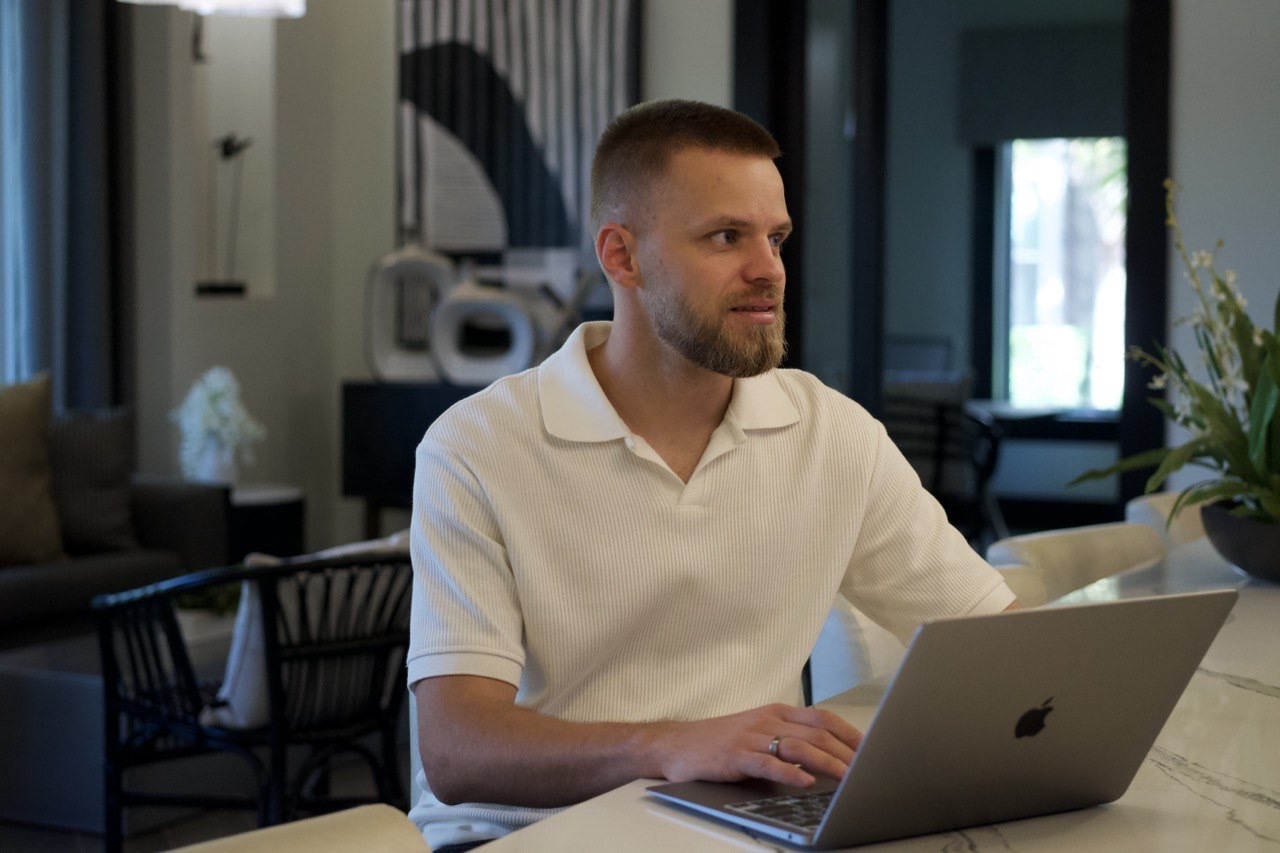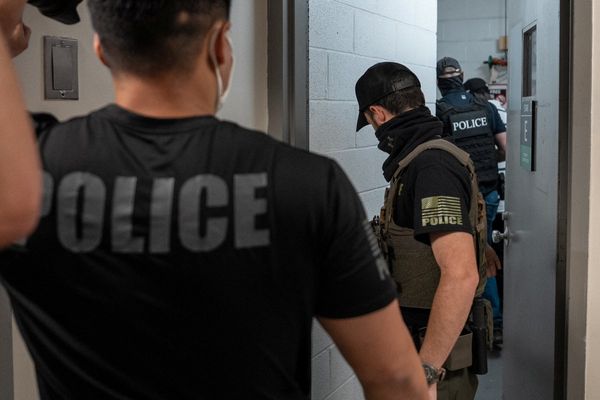In a world where tattooing has long since moved beyond subcultures to become a mainstream form of art and self-expression, the business side of this industry takes on special importance. Today we speak with Valerii Sirko, a talented professional with over five years of experience whose extraordinary achievements in developing the business side of tattoo art have been recognized internationally. His journey from artist to strategist—now operating at the forefront of the industry and shaping new approaches to brand-building and client service—offers a unique example of art-entrepreneurship.
Valerii, your professional journey in the world of tattooing began with the inspiration you drew from your brother. How did that starting point shape your view of the tattoo industry not only as an art form but also as a serious business?
– Indeed, my journey in the tattoo industry began with personal interest and a desire to create. When I entered this field, I immediately saw not only creative freedom but also a huge potential for building a structured approach. Working in Lamarch, one of Ukraine’s largest tattoo studio networks—where I advanced to the position of senior artist and where we had one of the top teams among nearly 80 artists across the country—gave me a deep understanding of the importance of teamwork, knowledge-sharing, and continuous learning. This foundation helped me see each tattoo not just as an image, but as part of a bigger strategy—one focused on creating a unique client experience and a strong personal brand.
You specialize in black-and-gray realism and emphasize the importance of creating a personalized design for each client. How does this focus on customization and artistic quality align with business goals, especially in such a competitive market as the United States, where you're currently working at Orlando Kings Tattoo?
– My approach has always been about more than just fulfilling a request—it's about creating something truly unique that reflects the client’s personality. This definitely takes more time and requires a deep psychological understanding of the client’s intent. In the U.S. market, where I’ve noticed a tendency toward a commercial, high-volume approach—often involving repetition of existing designs—my strategy aims to offer something different. As a specialist in my craft, I strive to educate clients on the value of exclusive design and show them that a tattoo can be more than just a copy of something they’ve seen. More often than not, clients appreciate this—and it results in more meaningful work, which in turn strengthens my reputation and attracts a more discerning clientele. My American colleagues see this approach, they ask questions, and I hope it influences their perspective as well.
You’ve spoken about your ambitious goal to open your own creative studio with special conditions for developing artists. This project, called “Art Integration,” was even recognized by the Global 1000 Award. Tell us more about this business concept. What industry "pain points" does it aim to solve?
– The idea of "Art Integration" was born from my experience and observations. I see a real need to create a space where talented tattoo artists can not only work but continuously grow, exchange knowledge, and not feel confined by the traditional studio model, where the studio often earns more than the artist.
This should be a kind of creative hub that attracts top-level professionals and gives them ideal conditions for artistic and professional development. My goal is to move away from the model where the studio merely provides space, toward a model where it actively invests in its artists—helping them build personal brands and reach an international level.
This also includes implementing high ethical standards, delivering quality client service, and promoting tattooing as a form of fine art. In Ukraine, I’ve already had mentoring experience, and I’ve seen how much it helps both emerging artists and the industry as a whole.
What specific business skills, in your opinion, are most important for a modern tattoo artist who aims not only to be a great artist but also a respected industry expert and successful art entrepreneur?
– In addition to strong artistic talent and technical skills, a modern tattoo artist aiming for business success needs a broad set of competencies. First and foremost is strategic vision—understanding the market, your niche, and long-term goals.
Then come marketing skills and personal branding, especially in the digital space—like social media, which is where I primarily showcase my work.
The ability to build strong communication with clients, understand their deeper needs, and manage expectations are all part of high-level client service, which turns a one-time visitor into a loyal customer.
Financial literacy, time and resource management, and for those looking to open their own studios, leadership skillsand the ability to build and motivate a team are all essential.
And, of course, constant self-education and adaptability to changing trends and technologies. My move to the U.S. and fast adaptation in a highly competitive market were also the result of a certain level of business flexibility and a results-driven mindset.
You recently participated in a tattoo convention in the U.S., and your work already earned an award. What role do such events play in building an international brand as a tattoo artist and in developing one’s business?
– Tattoo conventions and competitions are not just platforms to showcase your skills—they’re also powerful tools for networking, exchanging experience with peers from around the world, and, without a doubt, for building your reputation.
Recognition at such events validates the quality of your work and design on an international level. It builds trust among potential clients, opens doors for collaborations, and invitations for guest spots in studios in other cities or countries.
For an art entrepreneur, this is an investment in brand recognition and proof of your competitiveness. My participation and award are signals to the market that I take my craft seriously and strive for the highest standards.

Valerii, what is the most important piece of advice you would give to aspiring tattoo artists who not only want to master the art of tattooing but also build a successful and sustainable business—perhaps even reaching the extraordinary level you've achieved?
– Never stop evolving. Artistic skill is just the starting point. Be open to learning everything—from marketing and branding to time management and leadership. Build your name with honesty, consistency, and a clear vision. Focus on quality over quantity, stay client-centered, and remember: your personal growth is directly reflected in your work and in your success. Surround yourself with inspiring people, and don’t be afraid to take bold steps. The industry rewards those who treat their craft not just as a job, but as a lifelong mission.







